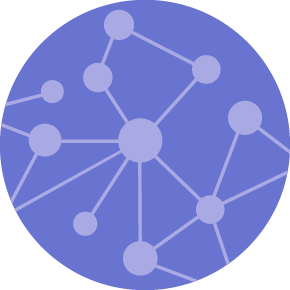Expanding and Strengthening our Network
As part of Reproductive Health Access Project (RHAP)’s 10th anniversary celebrations, we are proud to share with you the re-launch of our Reproductive Health Access Network! RHAP first launched the Network in 2007 as the Family Medicine Reproductive Health Network, a group of 125 family clinicians dedicated to expanding access to abortion care in family medicine. Network members came together regularly to offer each other training, peer-to-peer support, and advocated integrating reproductive health care within family medicine. By 2014, Network membership had grown to over 700 members from 35 states – opening up exciting opportunities for expansion!
Here are just a few of the changes we’ve made in this new phase of the Network:
- Widening our scope: In order to reflect the current reproductive health care landscape, we have broadened our scope of work to include contraceptive and miscarriage care as well as abortion care. We are also expanding our membership beyond family physicians. We now welcome all pro-choice primary care clinicians – including Advanced Practice Clinicians – to bring their unique perspectives to the Network. To reflect these changes, we’ve renamed and rebranded the Network to be more inclusive of our diverse membership.
- Expanding and strengthening local networks: The Network has been the most effective when clinicians have come together regionally. These supportive spaces have allowed for information sharing, discussing and addressing local barriers to care, and engaging in advocacy at the community and statewide levels. We have longstanding regional Network “Clusters” in Eastern Massachusetts, Rhode Island, New Jersey, and New York City. In December 2014, several Philadelphia-area Network members met for the first time, becoming the first Cluster to develop under the re-launch – with many more to come! We’re also increasing the use of virtual communities, such as the AAFP Reproductive Health Member Interest Group, to connect with clinicians who do not currently live near an existing Network Cluster.
- Expanding training opportunities and access to resources: The Network connects providers to clinical training resources, such as webinars, lectures and presentations. RHAP re-launched our website in January, with an expanded resources section for both clinicians and patients. Finally, the Reproductive Health Access Project has several fellowship, grant and training programs designed specifically for primary care clinicians.
Keep your eyes and ears open for more exciting news about the Reproductive Health Access Network in the future!

